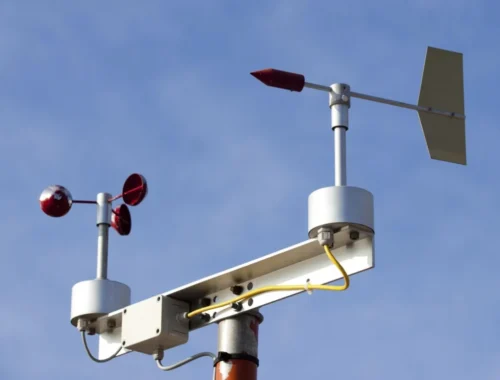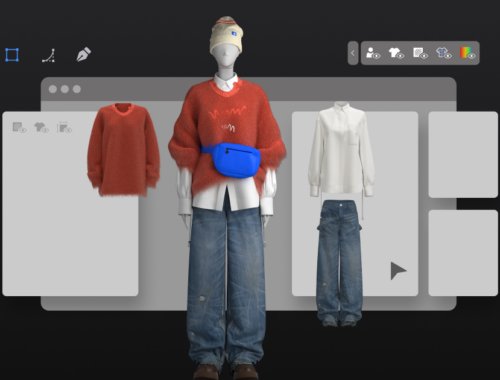Live Arts Are Being Devastated. How Do We Keep Stages From Going Dark?
Working in the performing arts is a difficult way of life at best. The hours are long and the pay is low, yet many of us dedicate our livelihoods to an often strenuous industry because we believe in the power of art to transform lives.
Uncertainty is something we know well. We know what it means to wait with an equal measure of optimism and anxiety for a grant to go through. We know how to go from contract to contract without the stability of sick days or benefits packages. We know how to navigate the tentative balance between enticing audiences with “relevant” art, while also satisfying our own needs as storytellers.
But what we face now goes beyond our already honed skills of adaptability and transformation. With the sweeping restrictions to combat the COVID-19 pandemic, the performing arts industry was one of the first to close and will be one of the last to open. In the meantime, we are losing work in devastating ways.
Over the past several months, I have watched community members’ contracts dissolve and crumble before our eyes. In Toronto alone, that includes 25,000 cancelled or postponed public performances; $500 million lost ticket sales; and 20 million lost audience members, according to the Toronto Alliance for the Performing Arts.
Our artists and creatives, already barely able to navigate a decade of rising housing and rental prices, are leaving urban centres en masse. Many of my friends have moved away from Toronto to weather this storm in less financially intensified places. It is heartbreaking to not know when or if they will return, or whether they will be able to continue working in creative industries.
Some of our most valuable artistic voices are from our BIPOC, 2SLGBTQI+, dis/abled and mental health communities. Their stories illuminate nuance and ingenuity that we desperately need to navigate equity, inclusion and reconciliation. Due to the hard work of social justice movements such as Black Lives Matter, our dominant North American worldviews are beginning to comprehend and accept the injustice of continued systemic oppression. Yet our artists and creatives from these communities, who have such valuable knowledge, are disproportionately experiencing the destructive outcomes of this pandemic, be it food insecurity, harassment or job loss.
We know audiences will return to that special magic that is live performance. It is a pulse that runs deeply in the legacy of humanity and stretches back to stories under starlit skies. The question is not whether audiences will return, but whether there will be an industry strong enough to satiate their appetites. As we consider how our performing artists, technicians, administrators and managers will survive, we must be additionally cognizant of the intersectional realities of at-risk communities. In order to sustain the lives of everyone, we will have to grapple with the inequities built into our systems and institutions. We must be archivists and investigators, dedicated to understanding our past and present so we may rewrite “normal” for the health of future generations.
What does this mean for the performing arts? Many of our arts organizations have begun the heavy work of decolonizing structures and barriers, both visible and invisible. The decisions to restructure and reassess, are made within the delicacy of lost funding, donations and ticket revenue. Our organizations are leaning largely on individuals from BIPOC, 2SLGBTQI+, dis/abled and mental health communities as knowledge keepers. This includes bringing in equity consultants, instating anti-oppression training and analyzing our organizational structures, policies and procedures. We are having difficult and necessary conversations around emotional labour, boundaries and the ethics of compensation, while organizations such as Cultural Pluralism in the Arts Movement Ontario (CPAMO) and b current are hosting industry-wide training series.
In other words, the performing arts industry is attempting to mobilize within already limited resources to become inclusive and welcoming for all peoples.
When the pandemic first hit, the performing arts community rushed to maintain relationships with audiences and to provide paid work for artists by creating content that is free and accessible online. The socioeconomic benefits of this cannot be overlooked. As someone who struggles with poverty and disability, digital content has given me the opportunity to attend performances at a higher rate than prior to the lockdown.
The trouble is, how do we convince audiences that our digital content is worth the price of a ticket? How do we communicate that supporting an online offering, though incomparable to experiencing the magic of live theatre, does in fact sustain our industry in a tangible way?
As performing arts organizations, collectives and artists venture into the crowded market of digital content, we are in many ways up against the online behemoths in the film and television industry. Many audience members are experiencing screen fatigue, or cannot see the benefit in a digital version of an artform that derives much of its magic from being live and in-person. Yet it is in these connective online spaces that the vitality of our arts are maintained. By buying a ticket to an online event in lieu of streaming content for free, audience members can directly contribute to sustaining the performing arts industry. Contributions through ticket sales and donations, whether small or large, will be a vital decision maker for whether our arts organizations survive.
RELATED
- Feds Launch New $600-Million Lifeline For Small Businesses
- Hospitals Urge Ontario To Return To Stage 2 As COVID-19 Cases Rise
- The Pandemic Is Highlighting A Huge Disadvantage For LGBTQ Long-Term Care Residents
As our artists and creatives pivot in surprising and inventive ways, we implore you — our audiences, our corporations, our governments — to take action to save the performing arts because the truth is, we need each other. As we wade forward through this ongoing pandemic, it is the arts that will be the outlet and reflection for our anxieties, hopes and ideas. Our arts have always, and will always, sustain us. It is up to us now to owe that gift back.
Have an opinion you’d like to share on HuffPost Canada? You can find more information here on how to pitch and contact us.
Click Here: Fjallraven Kanken Art Spring Landscape Backpacks
You May Also Like

Wind Speed Measurement Instrument: An Essential Tool for Accurate Weather Monitoring
March 19, 2025
Block Blast: The Ultimate Puzzle Challenge
March 19, 2025